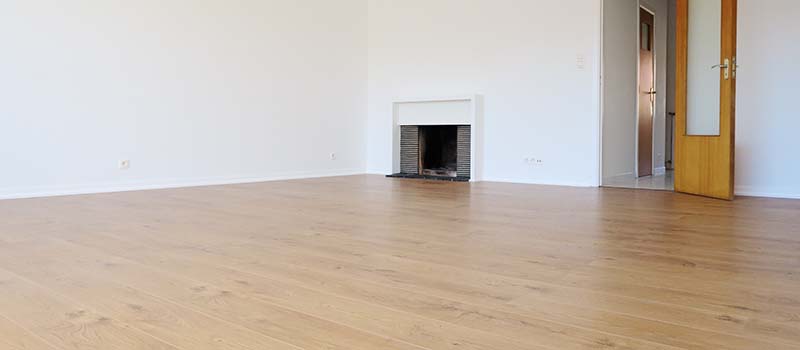Vacant/Unoccupied Home Insurance: Do I Need It?
Vacant/Unoccupied Home Insurance: Do I Need It?

Vacant/Unoccupied Home Insurance: Do I Need It?
What’s the difference between an unoccupied home and a vacant home?
A property you own might be empty for a number of reasons, and the difference between the home being unoccupied and vacant makes a difference when it comes to the coverage you need. An unoccupied home is a home that is ready to be lived in at any time, and the owner’s personal property is left within the home (including furniture and appliances), and the utilities remain connected. A vacant home has no furniture, appliances and may have utilities disconnected.
There are a number of scenarios where your home would be unoccupied or vacant. If you’re on vacation, in the hospital or traveling for work, your home would likely be considered unoccupied. If your home is for sale or rent and you’ve already moved everything out, or if you inherit a property but do not yet live in it, it is most likely that the home would be considered vacant.
Why do I need additional coverage?
Every situation is unique, but generally speaking, it’s best to make sure you have coverage in the event that damage occurs. For example, if your home is vacant and a pipe bursts, a vacant home can sustain substantial damage simply because nobody is living there to call a professional to deal with the problem.
Vacant homes are also generally more susceptible to theft, break-ins or vandalism, and without the right coverage, your property might not be protected.
One very important fact to keep in mind: if your home is left unoccupied or vacant for a certain amount of time (depending on your insurance company and policy), your insurance coverage may be cancelled or an additional endorsement may be required. These times can vary, ranging from 30, 60, 90 or more days, but you’ll want to consider that most typical homeowners policies won’t provide full coverage for the property once it’s been vacated. You won’t want to get stuck uninsured in the event of a disaster, so make sure to check with your local agent to find out the restrictions for your scenario.
What about other scenarios, like insuring my vacation home?
It depends on the insurance company and individual policy, but you may need additional coverage if you divide your time between a primary and vacation home. You may want to consider seasonal or vacation home coverage, but you might also need other coverage for your unoccupied primary residence. By virtue of the fact that either home is unoccupied at some point during the year, you want to be sure that both residences are protected.
Get the coverage that’s right for you
Whether you are planning an extended trip, thinking of moving or buying a second home, you’ll want to be sure you have the right coverage to protect your home (or homes) and all of your belongings. Reach out to your local agent to make sure you’re protected. They are happy to work with you to specifically tailor your coverage to your exact needs, and will answer any questions you may have about your unique situation.
